Impossible: The Case Against Lee Harvey Oswald (3 page)
Read Impossible: The Case Against Lee Harvey Oswald Online
Authors: Barry Krusch
Tags: #Non-Fiction, #History

The assassination of Robert Kennedy. . . .
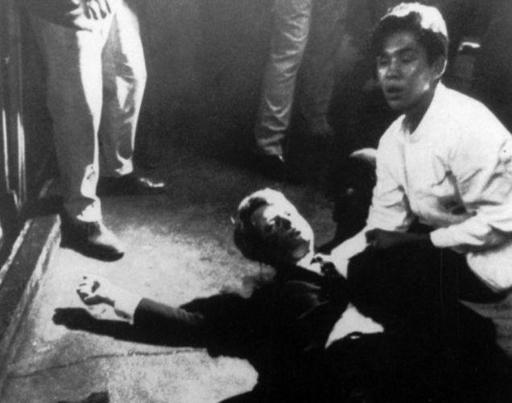
Watergate and the resignation of a President (VP at the time: Gerald Ford) . . .
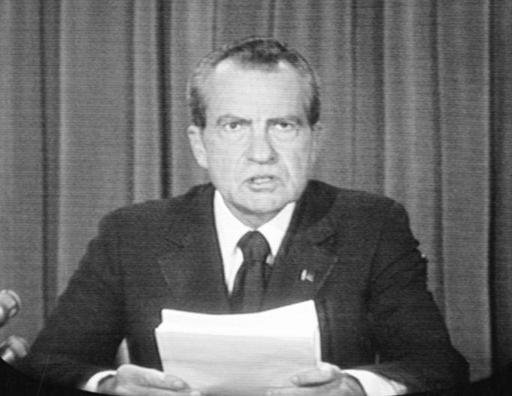
Two assassination attempts on Ford (VP at the time: Nelson Rockefeller) . . . .
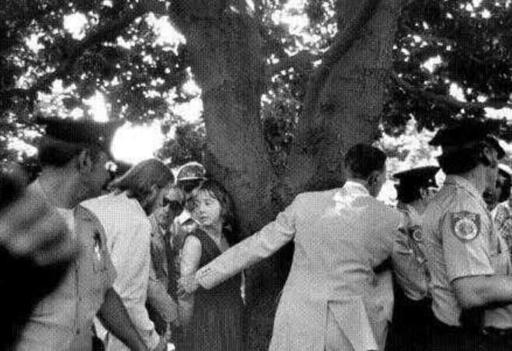
An assassination attempt on Reagan (VP at the time: George Bush Sr. ). . . .
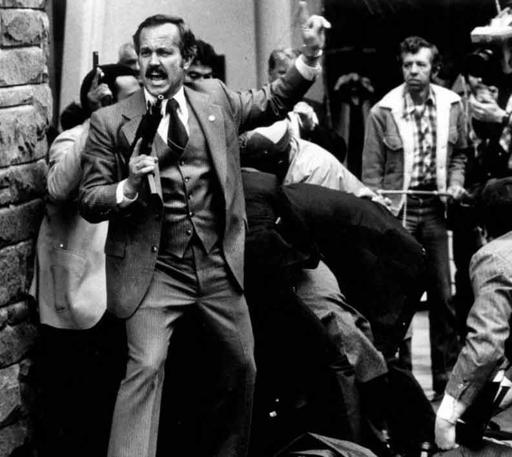
the Persian Gulf War . . .

9/11 . . .
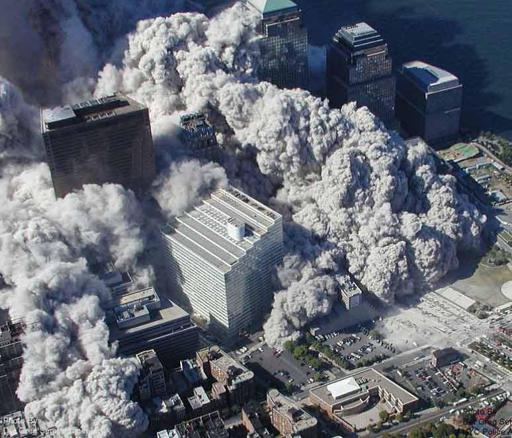
And the Iraq/Afghanistan wars . . .
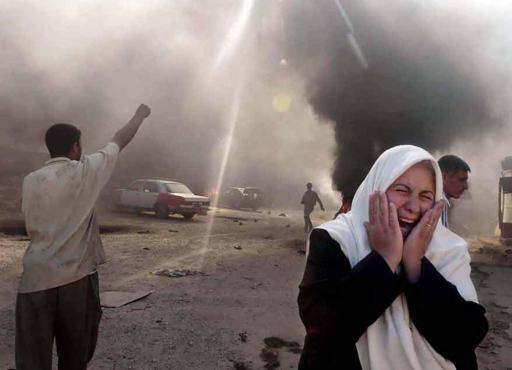
. . . which takes us to the present day.
But were all these historical events
really
disconnected? And if they
were
connected, were they somehow, someway, connected to the Kennedy assassination, and if so, how?
Well, if Lee Harvey Oswald was truly the assassin of President Kennedy, then people can make a case that those historical events were not connected to the assassination. But if he was not the assassin, the case they want to make is going to be more difficult. So the stakes are high.
Well, I have seen the evidence, and I have seen the light. So here I am, over forty years later, the kid with the book on the turtles now all grown up, writing a book defending a man who I once hated with a passion. But now I realize that my hatred was based on solely on the images I saw broadcast on the television, not on evidence that actually connected Oswald to the assassination.
Since reading that book on “Turtles”, I have read thousands of books, and over 100 of them on the Kennedy assassination. I’m older now. I know a lot more now. I question more now.
You might be interested in my qualifications to write a book on the Kennedy assassination, and there are at least five of them.
First, I do have direct personal experience with the assassination, and authors of books that are written in the future are going to lack this connection. So it is important to have a record written now by “one who was there,” in the sense that it affected his or her personal life.
Second, I went to law school for a year at the University of Georgia, worked as an investigator for Atlanta Legal Aid for four years, and was a paralegal for four years. Consequently, I have a deeper background in law than many authors who have written books on the Kennedy assassination, though not as nearly as deep as others, most notably attorney Mark Lane, a man to whom the American people owe a great debt for the work he did in bringing this issue to people’s attention. I saw Mr. Lane speak at Emory University in 1977, and that was the first time I knew that there was another side to this story. Mr. Lane almost single-handedly kept the issue alive for many years when most people wanted to forget it.
Third, I have written several books, two on constitutional law. One of them,
The 21st Century Constitution
, was called by Richard Bernstein in his book
Amending America
“the most thoughtful and thorough reframing of the Constitution yet attempted,” and I appeared on C-SPAN and the Tom Snyder radio show discussing the book. The book even landed me an entry into the
Encyclopedia of Constitutional Amendments, Proposed Amendments, and Amending Issues, 1789-2002
.
Fourth, I have been an instructional designer for twenty years specializing in instructional technology (first CD-ROM, now web-based training), and have a Masters degree in Education. I have written courses on a wide variety of topics for a wide variety of clients, including
American Express
,
Bank of America
, and
Hartford Life
. As far as I know, I’m the first instructional designer to write a book on the Kennedy assassination. My experience in writing courses, which involves evaluating and analyzing hundreds, sometimes thousands of pages of complex material that has to be converted into a course that could last anywhere from 2 to 4 hours, has proven to be very useful in helping me to understand and explain the complexities of what is in all likelihood the most complex murder case ever.
Fifth, and finally, I have extensive experience in the analysis of film, which began at Emory University with my friends Scott Greene and Bill Blagg. At least one, usually two times a week, we would go to a theater called
The Silver Screen
in Atlanta, Georgia, and watch foreign film double features. Many times we would go to the film more than one time. Scott was an art history major, and had an amazing ability to find nuances in films that I was simply unable to find. But, discussing these films with Scott for years built up my skills in this type of analysis as well. Eventually, I wrote a document called
The Kubrick FAQ
, which analyzed the films of Stanley Kubrick. I must have watched the films of Kubrick dozens of times, and on each go-round discovered something that I hadn’t seen before.
You might not think that experience very relevant, but I think of all the experience that I’ve had that I’ve listed, this has been the experience that has proven most valuable in finding the holes in The Case Against Oswald.
How This Book Is Different
Because there are hundreds of books on the Kennedy assassination, a fair question is “why another one?” Thus, I believe that every author who jumps into this field is obliged to provide an answer.
In my view, this book is different for at least three reasons:
- How it was written.
- What it seeks to achieve.
- How it achieves what it seeks to achieve.
Details follow.
How This Book Was Written
I am not sure how other people have written books on the Kennedy assassination, but I am pretty confident that I am one of the few that use the method I ultimately deployed, because the method I ultimately deployed was not even available when hundreds of these books were written.
My first strategy in writing this book was a fairly standard one, to read a book, and as I read it, index it along the way. So, I would read book after book, and classify each point of evidence by topic. Then, I compiled those smaller indexes into one large master index which allowed me to find evidence using those topics.
This worked pretty well, but I found it was taking too long, so I came up with another strategy.
Whenever I got a book on the Kennedy assassination, I would scan it into the computer, and then use optical character recognition to create searchable text. Then, I would index the book. Finally, I would create a master index of all the books.
By having this electronic master index, I was able to search the contents of over 100 books simultaneously by keyword. This made it extremely easy to locate the sources of information for any particular topic, which in a case like this, would be impossible to do if you did not have this method, since we are talking about searching literally tens of thousands of pages.
I not only did this with the books, I also did it with the most important relevant documents in the case, including the records of the Warren Commission and the House Select Committee on Assassinations.
Because I was able to locate information quickly, this book has dozens of compare and contrast scenarios that would have been extraordinarily difficult, you might even say practically impossible, to discover any other way.
Because of this method, and because I was also able to build on the hard work of all the fantastic researchers and writers who came before me, this book only took three years to write, when it should have taken over a hundred years to write. In an acknowledgments section coming up, I will be thanking many of these authors.